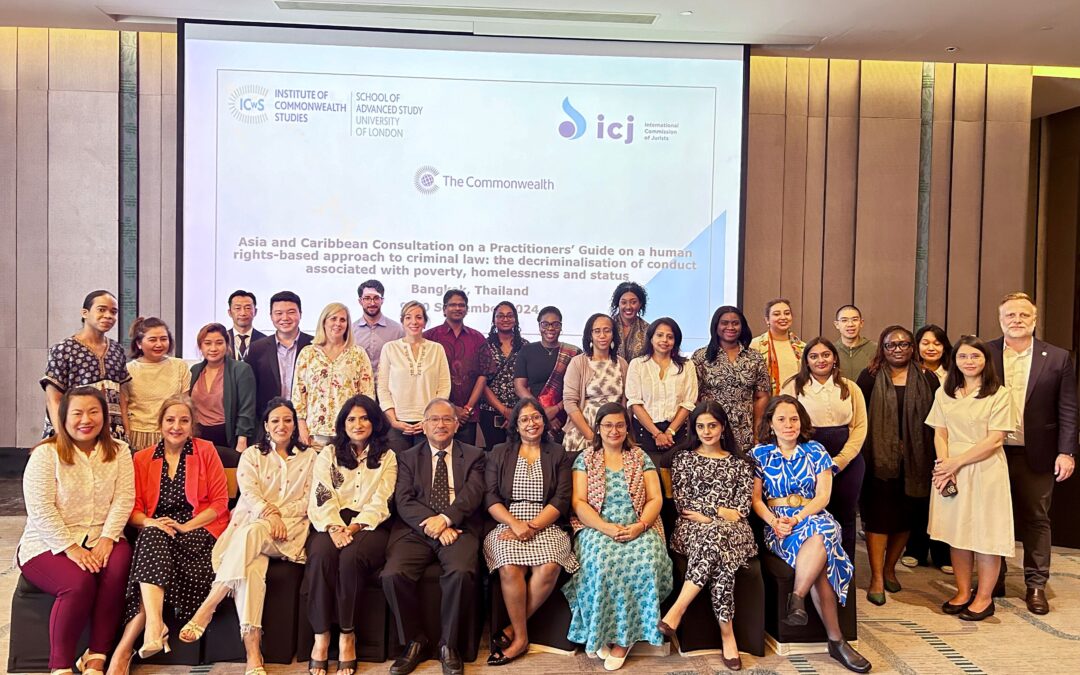

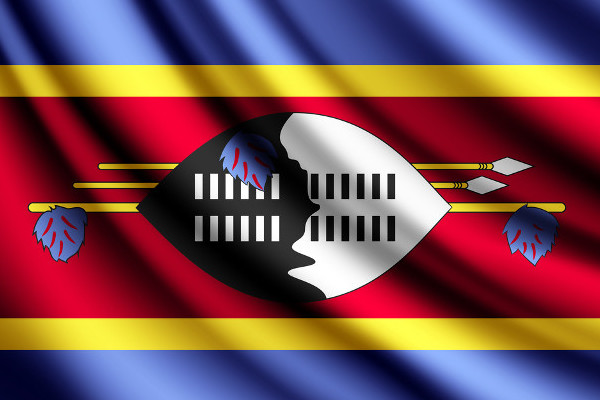
Eswatini: Supreme Court decision upholding repressive security laws is a blow to human rights
The International Commission of Jurists (ICJ) is concerned that an ill-considered judgement issued on 13 August 2024 by Eswatini’s Supreme Court will allow for the continued overexpansive use of national security and counterterrorism laws to violate human rights and fundamental freedoms.
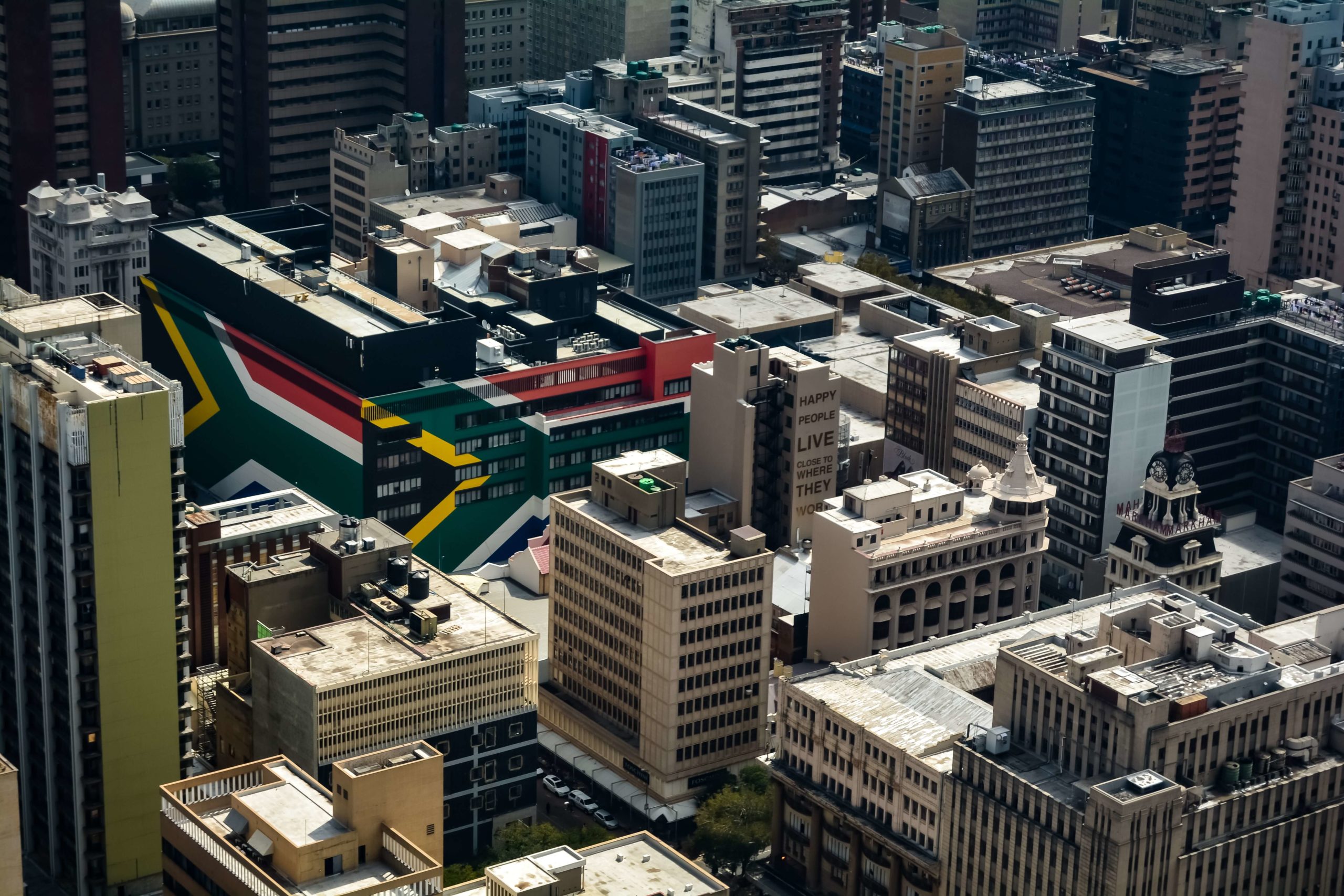
South Africa: ICJ asks the Supreme Court of Appeal to affirm that informal waste reclaimers must have the rights to work and housing protected in eviction proceedings
Today, the ICJ will argue a case before the Supreme Court of Appeal, as an amicus curiae, that the rights to housing and work for persons working in the informal sector to reclaim waste for recycling must be protected in line with international law and standards.
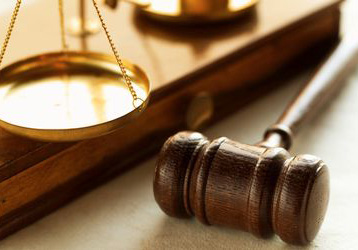
South Africa: Military Courts should be allowed to operate independently and without undue influence from political authorities
As the Constitutional Court begins deliberations in a highly consequential case concerning sexual abuse in the South African Military, the International Commission of Jurists (ICJ) has submitted argument that South Africa bears obligations under international law to ensure that courts and tribunals, including military courts, are competent, independent, impartial and allow for a fair and public hearing.
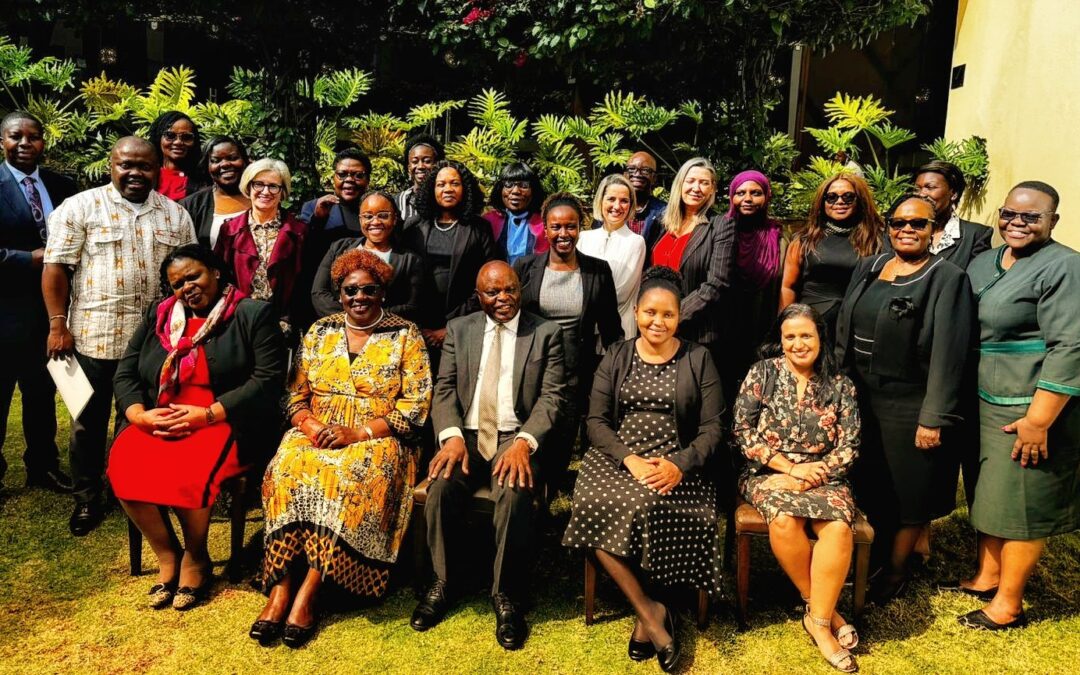
Africa region: a gender-sensitive approach is crucial to realizing women’s and girls’ sexual and reproductive health and rights in Africa
On 2 and 3 July 2024, the International Commission of Jurists (ICJ) and the Centre for Human Rights (CHR), University of Pretoria, jointly held a colloquium on women’s and girls’ sexual and reproductive health and rights (SRHR) in the Protocol to the African Charter...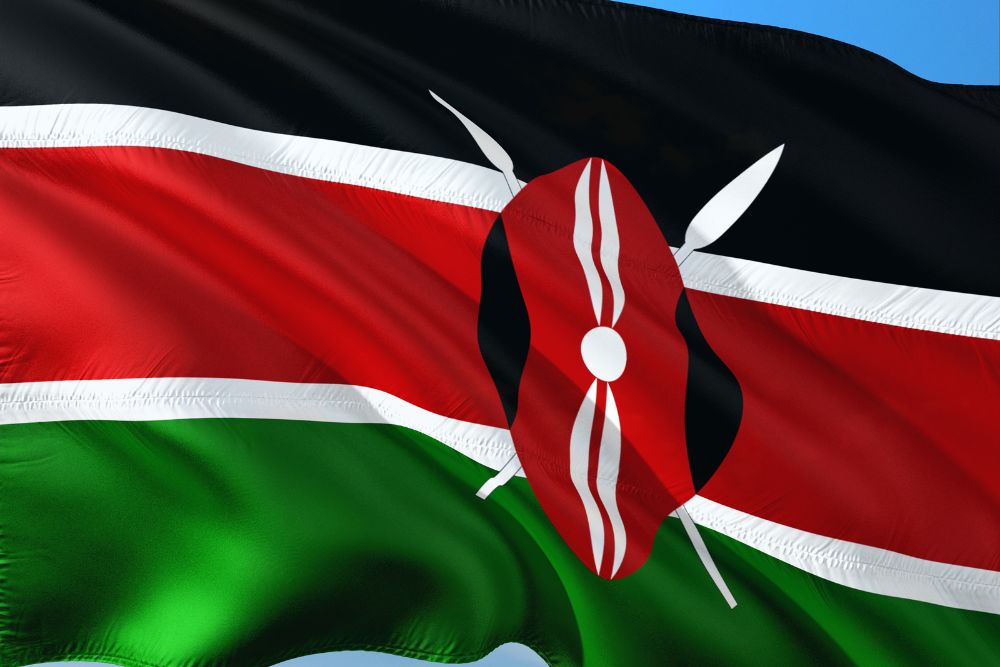
Kenya: Security forces must refrain from unlawful use of force at ongoing demonstrations
The ICJ recalls that, under international law, security forces must respect the principles of necessity and proportionality and that the use of lethal force is only permissible when strictly necessary to protect life.




